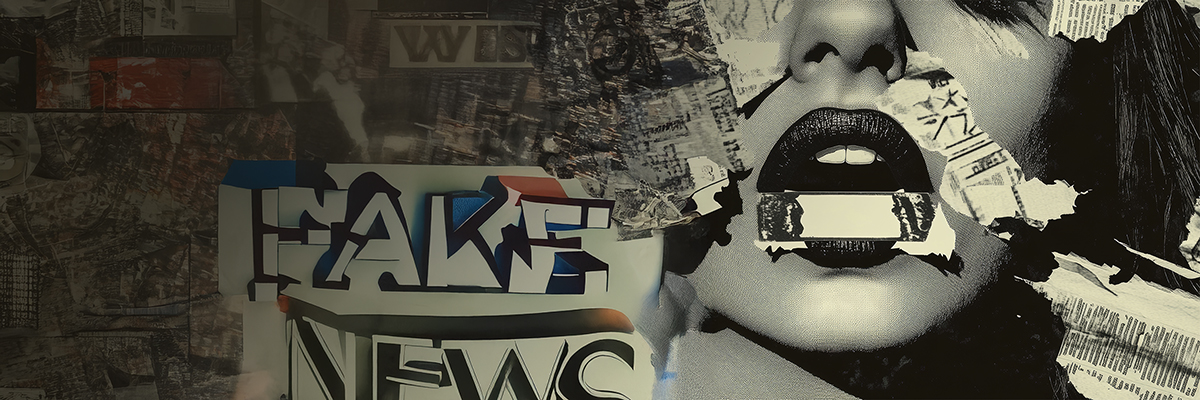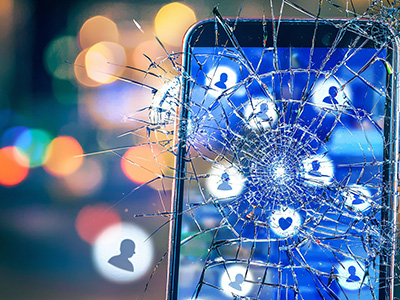Unravelling the Crisis of Trust and Knowledge
Over the past decade, we have witnessed (1) an acceleration in the demonization of experts and knowledge; (2) a prioritisation of opinions and personal experience over scientifically accepted facts; and (3) a declining trust in traditionally respected sources of factual information. Adding to this complicated situation is a context of competing, manipulative and persuasive narratives, each claiming to be truth, which undermine the public’s chances of distinguishing fact from fiction. With our democracies under threat by state and non-state actors, and with our online behaviour and data being monetised and instrumentalised by big online platforms, mis- and dis-information is power and currency, and the public’s confusion and manipulation is a profitable consequence.
Our aim is to create a safe and secure information infrastructure that fosters trust in order to better inform the public and decrease the manipulation of information, people and systems.





